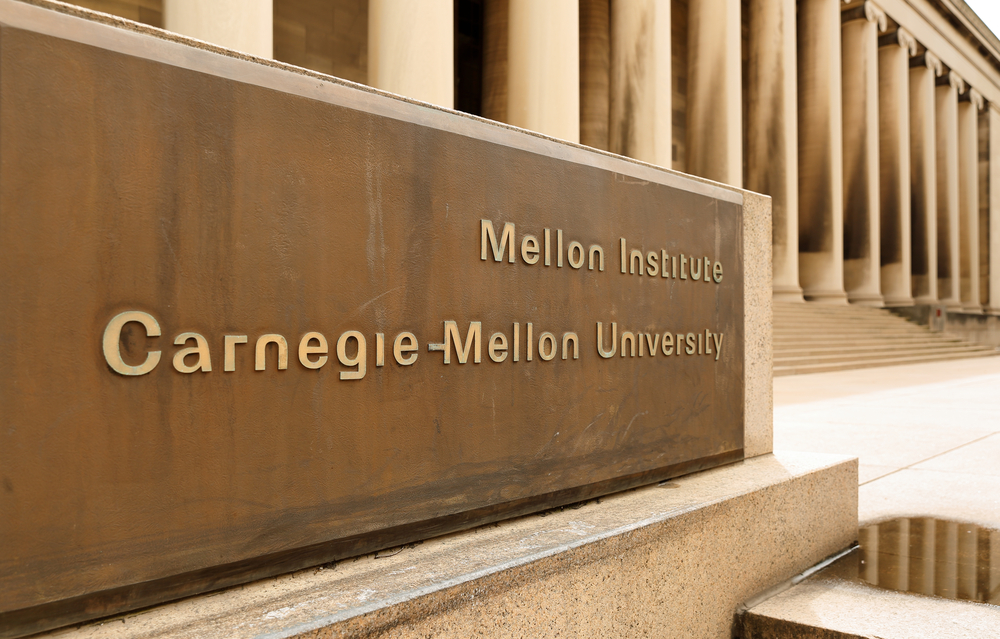First AI undergraduate degree launches in the US
Carnegie Mellon takes the lead with new AI degree

The Carnegie Mellon School of Computer Science (SCS) has launched the first undergraduate degree in artificial intelligence (AI) in the United States.
Starting autumn 2018, the program appears fittingly rigourous, accepting a total of only 100 students a year. First years can only declare themselves AI majors in the spring, after completing core mathematics and computer science classes in the SCS. The 100 second-, third- and fourth-year students who make it onto the programme will take additional courses in statistics and probability, computational modeling, machine learning and symbolic computation.
The degree will also involve an emphasis on ethics and social responsibility, as part of the SCS' desire to use AI to improve social conditions.
"Carnegie Mellon has an unmatched depth of expertise in AI, making us uniquely qualified to address this need for graduates who understand how the power of AI can be leveraged to help people," said Andrew Moore, dean of the School of Computer Science.
This degree programme continues the university's tradition of leading innovations in computer science and AI.
The SCS was one of the first universities in the US dedicated entirely to computer science and in 1975, Allen Newell and Herbert A. Simon, researchers at Carnegie Mellon, received the A.M. Turing Award for contributions to AI. A total of twelve alumni and faculty have received Turing Awards, and a recent study by the US News and World Report ranked the SCS at Carnegie Mellon the best computer science college in the US for AI.
In the UK, many universities already offer bachelor's degrees in computer science with an emphasis or modules in AI, which appears comparable to what Carnegie Mellon has planned.
Get the ITPro daily newsletter
Sign up today and you will receive a free copy of our Future Focus 2025 report - the leading guidance on AI, cybersecurity and other IT challenges as per 700+ senior executives
While many fear that AI will replace humans in a large array of jobs, and this is arguably inevitable, initiatives such as this seem determined to use AI to fix social issues and improve quality of life rather than let the technology overtake humanity. If the creation of this program potentially proves anything, it's that the rise of AI will also create new jobs as it replaces people in old ones.
"It's an opportunity for us to shape what it means to be a degree program in AI as opposed to offering courses related to AI," said Reid Simmons, director of the new programme, according to the Carnegie website. "We want to be the first to offer an AI undergraduate degree. I'm sure we won't be the last. AI is here to stay."
-
 CISA issues warning in wake of Oracle cloud credentials leak
CISA issues warning in wake of Oracle cloud credentials leakNews The security agency has published guidance for enterprises at risk
By Ross Kelly
-
 Reports: White House mulling DeepSeek ban amid investigation
Reports: White House mulling DeepSeek ban amid investigationNews Nvidia is caught up in US-China AI battle, but Huang still visits DeepSeek in Beijing
By Nicole Kobie